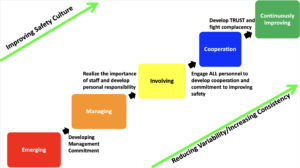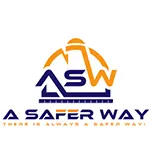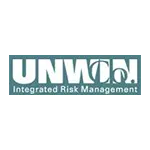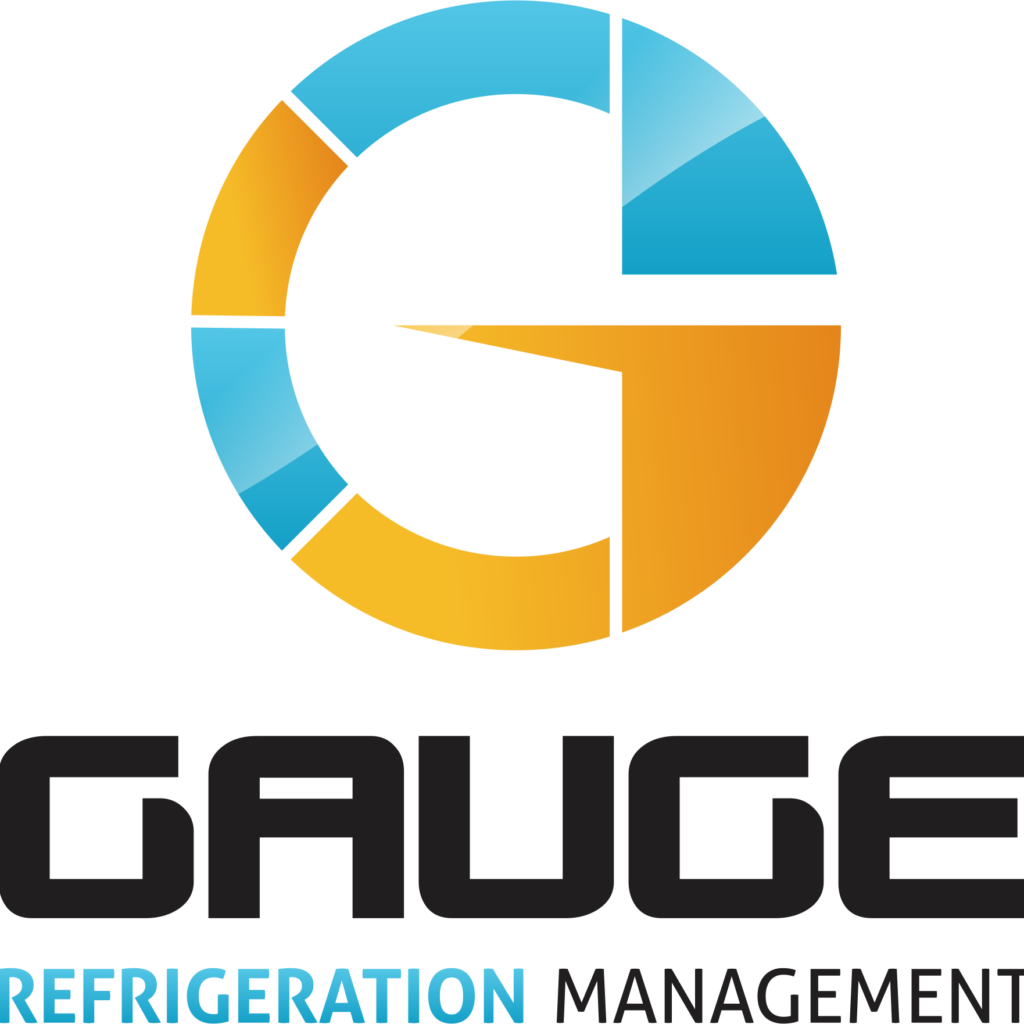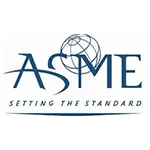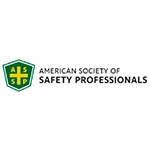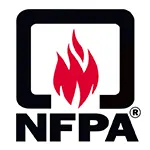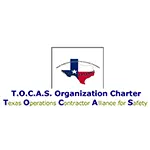CLICK HERE to Renew your Membership
CLICK HERE for a NEW Membership
CLICK HERE to see eligibility requirements for FREE Membership
If you have any questions, please contact me
We offer:
- Over 17,600 categorized unsafe acts/conditions and accident/injury photos
- Over 1,450 ppt's & doc's
- Over 3,975 technical articles on Process Safety & Occupational Safety & Health matters
- Over 450 videos

I am proud to announce that have extended our”Partners in Safety” agreement for another year (2025).
CI Members, send me an e-mail to request your FREE SAFTENG membership.





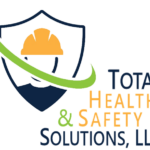





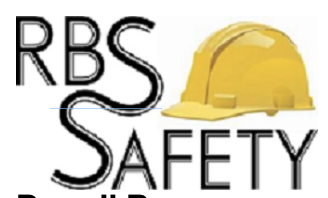

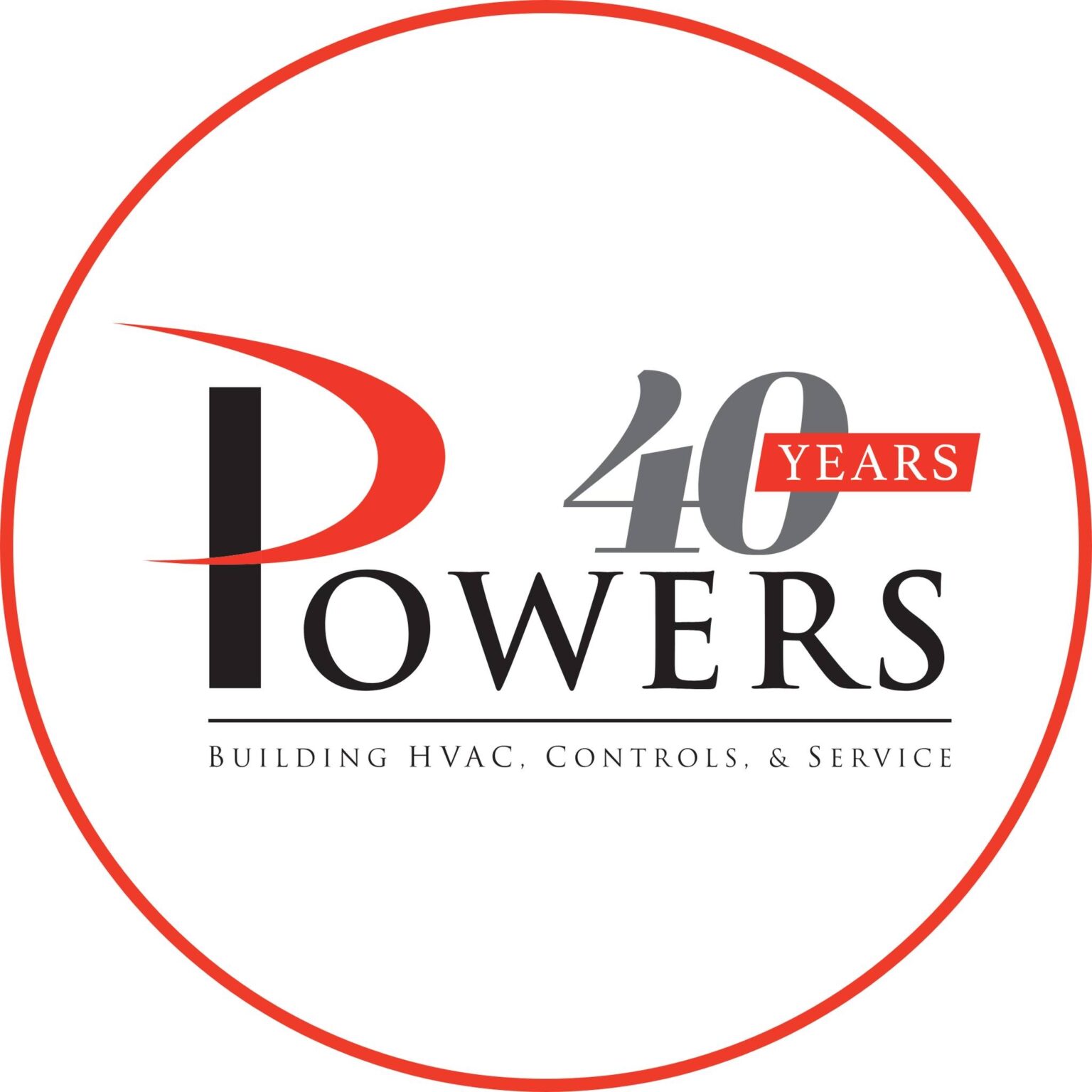
April 28, 2007
Illinois Environmental Protection Agency Director has asked the Illinois Attorney General’s office to proceed with enforcement action against Ellinor Trucking and River Rock Logistics, operated out of Lanark. The Illinois EPA alleges an inadequate transfer hose was used when an Ellinor employee prepared to offload anhydrous ammonia to an above-ground storage tank, which resulted in the release...
Read More
April 25, 2007
Following the guidance of OSHA and EPA, the industry has attempted to simplify what type of change requires the initiation of the Management of Change system and which type of change is a “replacement in kind” (RIK). Oddly enough, both OSHA and EPA chose not to define the meaning of “change”; instead, they have officially defined what a “replacement in kind”...
Read More
April 12, 2007
The elements that form the safety culture maturity model have been adapted from the safety culture components listed by the HSE in Reducing error and influencing behavior – HSG48. It is unlikely that these elements will map precisely onto the factors that companies have previously measured in safety culture or climate surveys because there is considerable variation in the proposed elements...
Read More
April 11, 2007
On January 26, 2006, a factory in Brazil witnessed a significant accident during a pneumatic pressure test involving a tank and pipework. The incident occurred because blind flanges were not used to isolate the pipework connected to the tank. Instead, only the valves were closed. This oversight led to the possibility that one or more valves failed or were not fully closed, leading to the tank itself...
Read More
March 10, 2007
Public exposure guidelines are intended to predict how members of the general public would be affected (that is, the severity of the hazard) if they are exposed to a particular hazardous chemical in an emergency response situation.
The most common public exposure guidelines are:
AEGLs (Acute Exposure Guideline Levels)
ERPGs (Emergency Response Planning Guidelines)
TEELs (Temporary Emergency...
Read More
March 10, 2007
Protective Action Criteria for Chemicals (PACs) dataset is a hierarchy-based system of the three common public exposure guideline systems: AEGLs, ERPGs, and TEELs. A particular hazardous substance may have values in any or all of these systems.
The PACs dataset implements the following hierarchy when choosing which values to use for the PACs:
Final, 60-minute AEGL values
Interim,...
Read More
March 10, 2007
Temporary Emergency Exposure Limits (TEELs) are guidelines designed to predict the response of members of the general public to different concentrations of a chemical during an emergency response incident.
Note: TEEL values are NO longer included specifically in ALOHA, see PACs.
TEELs estimate the concentrations at which most people will begin to experience health effects...
Read More
March 10, 2007
Emergency response personnel may have never heard the acronym AEGL, but that doesn’t mean it does not play a major role in the decision making process at almost all emergency responses to hazardous materials. AEGL’s and ERPG’s are the most widely used exposure guidelines in emergency responses to hazardous materials. In fact, did you know the DOT Emergency Response Guidebook...
Read More
March 10, 2007
The EPA’s Risk Management Plan (RMP) rule was the first time many EHS professionals had ever heard of Emergency Response Planning Guidelines (ERPGs). That was 1999, and still today 2007 there are many EHS professionals outside the PSM/RMP arena who still have not heard of ERPG’s. This article is an attempt to explain what they are and how they are used in emergency response...
Read More
December 20, 2006
Source
Corrosion Rate or Degree of Corrosion
Remaining Life or Fitness for Service
Application
API 570
Long-term (between last and initial inspections):
(use corrosion rate resulting in shortest remaining life)
Piping
Short-term (between last and previous inspections):
Piping and Vessels
NBIC – 23
a) calculated from data collected by owner or...
Read More
December 20, 2006
Comparison of Piping Inspection Requirements in Refrigeration Industry
Code
Component Description
Inspection
Remediation
Inspection Frequency
IIAR 109 (1997)
Uninsulated Pipe (4.7.4)
Examine for corrosion
Clean pipe down to bare metal and paint with rust preventative paint.
“Badly corroded pipe should be replaced.” (4.7.4)
– Annual ammonia safety...
Read More
December 20, 2006
Comparison of Pressure Vessel Inspection Requirements in the Refrigeration Industry
Code
Type of Inspection
Component Description
Inspection
Remediation
Inspection Frequency
IIAR 109 (1997)
All pressure vessels
If signs of more than mild corrosion should inspect further by a professional engineer or ASME inspector (4.3.5)
None listed
– Annual ammonia safety...
Read More


